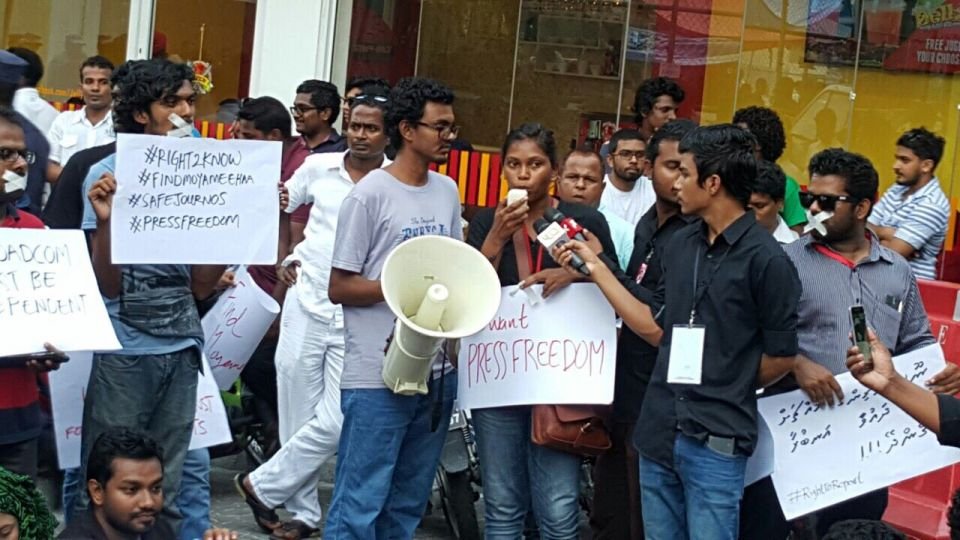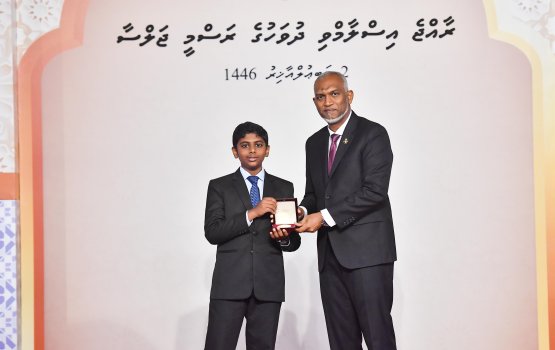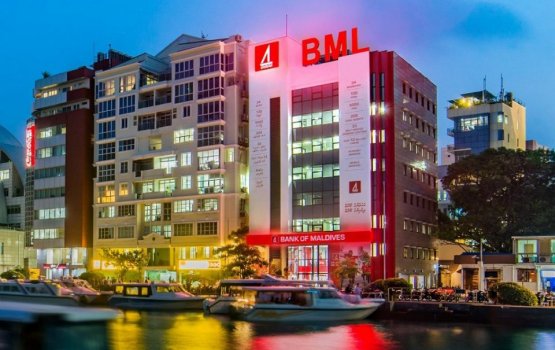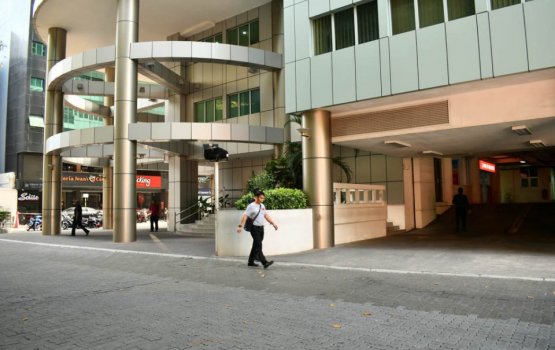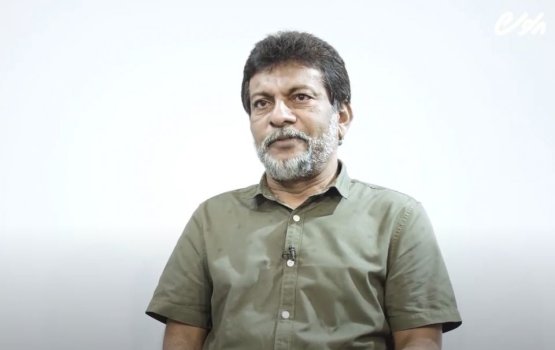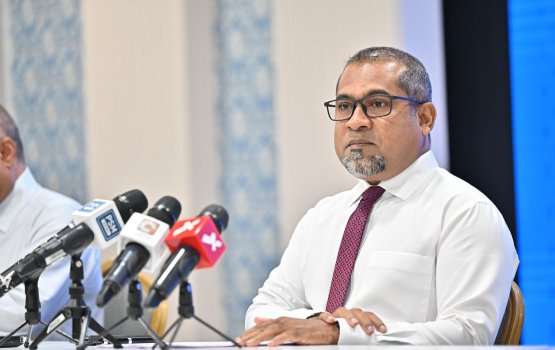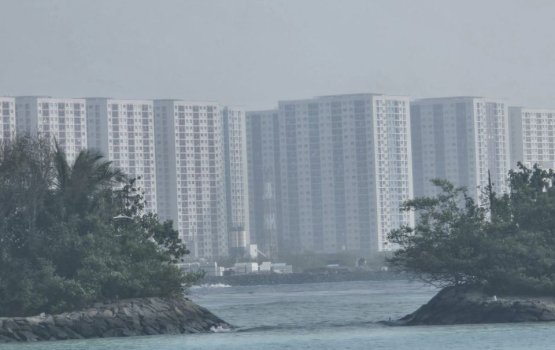Several media rights groups in the Maldives say local authorities must drop the deeply problematic provision in the EvidenceBill that would compel journalists to reveal their sources.
The joint statement was issued by the InternationalFederation of Journalists (IFJ), its affiliate the Maldives Journalist Association (MJA), the Maldives EditorsGuild, Transparency Maldives, and Amnesty International.
The statement said that the Evidence Bill, which was sent by the government of Maldives to the People’s Majlis for debate on August 30, includes a provision that empowers courts to demand disclosure of sources of reports produced by journalists, in contravention with the right to freedom of expression.
It also noted that article 136 of the proposed Evidence Bill, includes an affirmation of Article 28 of the Constitution, which guarantees press freedom and the protection of sources, however, it also adds two exceptions left at the discretion of the court under which courts can compel journalists to reveal their sources.
The statement read that the obligation to disclose journalistic sources is also in contravention of the right to freedom of expression protected in article 19 of the International Covenant on Civil and Political Rights, to which the Maldives is a party.
The signatories of this joint statement also noted that the two exceptions are not something that can be objectively quantified, especially since courts will not know the identity of the source when determining if the vague criteria outlined in the exceptions fit a particular case.
The media rights groups stated that the mere enactment of this bill into law, as it is, will have a dramatic impact on the work of journalists, including losing access to important sources, who might refuse to talk to journalists due to fear of being exposed in a court of law.

